Gain skills, help your community and serve justice: You can be a magistrate
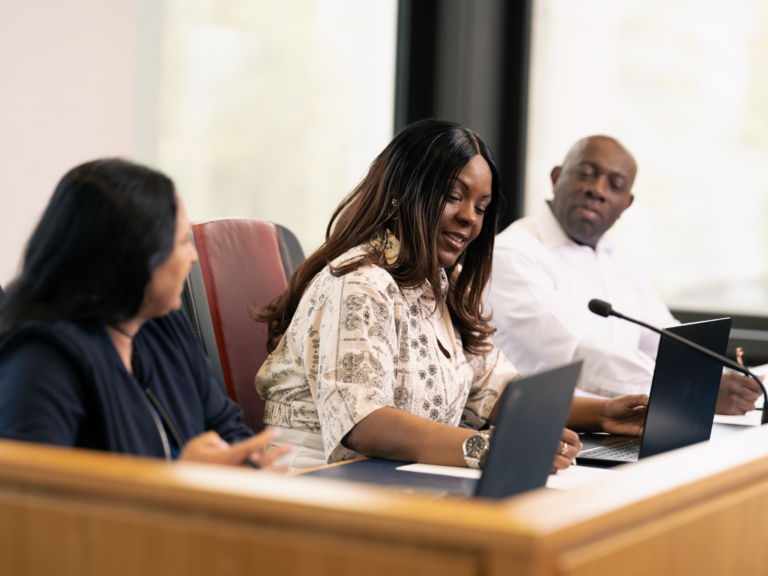
Magistrates play a pivotal role in the justice system, volunteering their time to make decisions on a range of cases in criminal and family courts. As a magistrate, you can help ensure the justice system is fair and accessible to all, while gaining valuable, transferrable skills.
Richard, Sonal, Julia, Luke, Rushda, and Clare – serving magistrates from diverse communities – recently came together to highlight their roles, tackle misconceptions, and to encourage people to apply.
We caught up with some of the magistrates to learn more about their experiences and the importance of promoting the magistracy.
The roles and responsibilities in the courtroom
Richard sits as a Presiding Justice (the lead magistrate during a hearing), along with the two wingers (magistrates who sit on either side of the Presiding Justice during a court session), and is responsible for the efficient running of the court, making fair, impartial, and transparent decisions. “We treat all court users with respect and uphold the rule of law,” Richard emphasises.
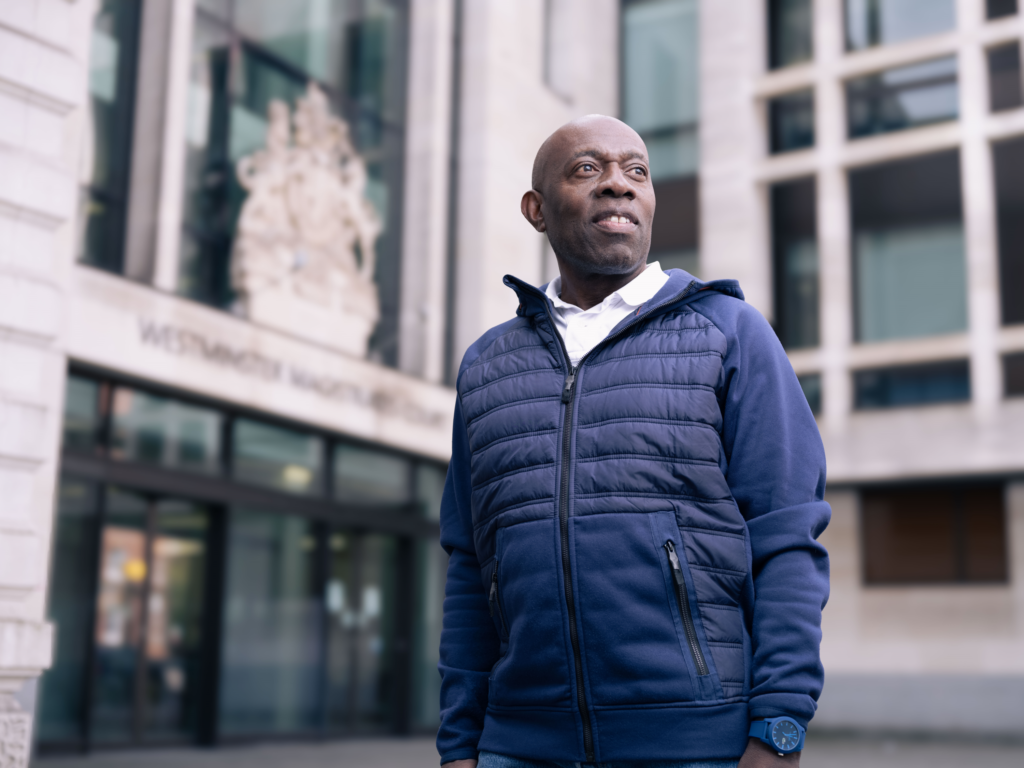
Being the voice for magistrates
Sonal shares that “today’s society is diverse, and that should be the same for magistrates. By taking part in the campaign, I hope to inspire others who see an Asian female magistrate like me as a magistrate and encourage them to consider joining the bench”.
Luke joined the bench at age 19, and hopes this campaign shows that magistrates come from diverse backgrounds and all ages. He says, “I want to inspire others, particularly young people, to see that they too can contribute to the justice system”.
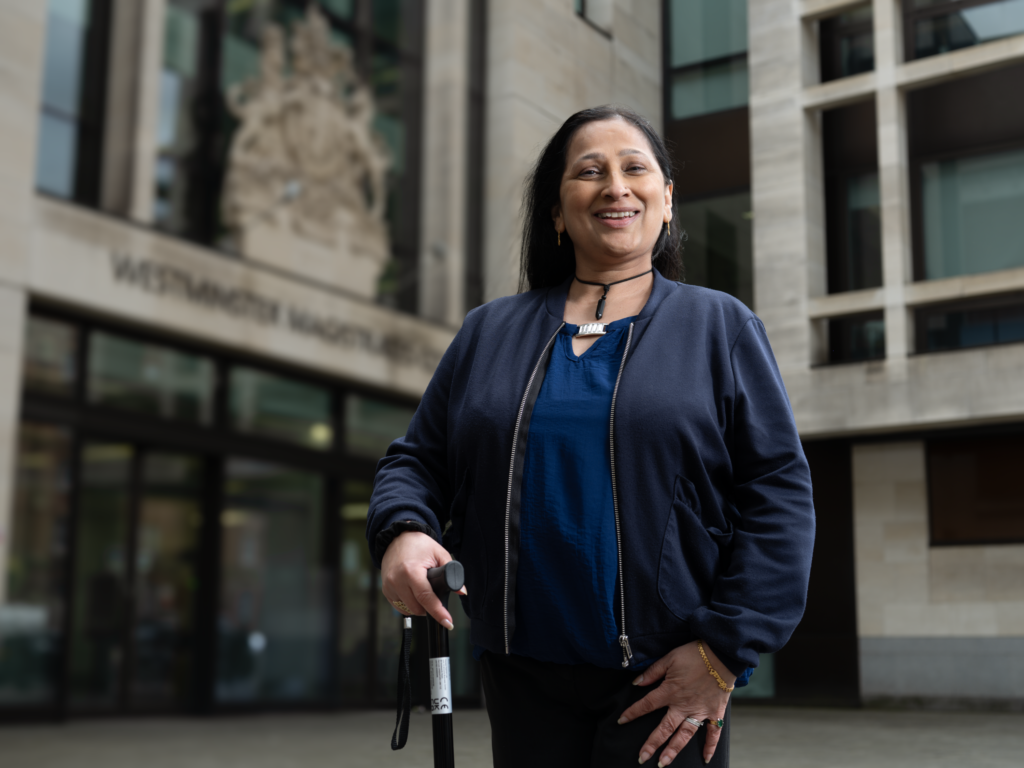
Highlights of participating in the campaign shoot
“Meeting other magistrates from such varied walks of life was inspiring. The energy during the photo shoot was memorable and it was great to talk about our shared commitment to justice,” says Luke.
Rushda’s highlight was spending time with other magistrates during the court room photoshoot. “The role-playing for the photoshoots in particular reminded me of how unique and important our role really is!”
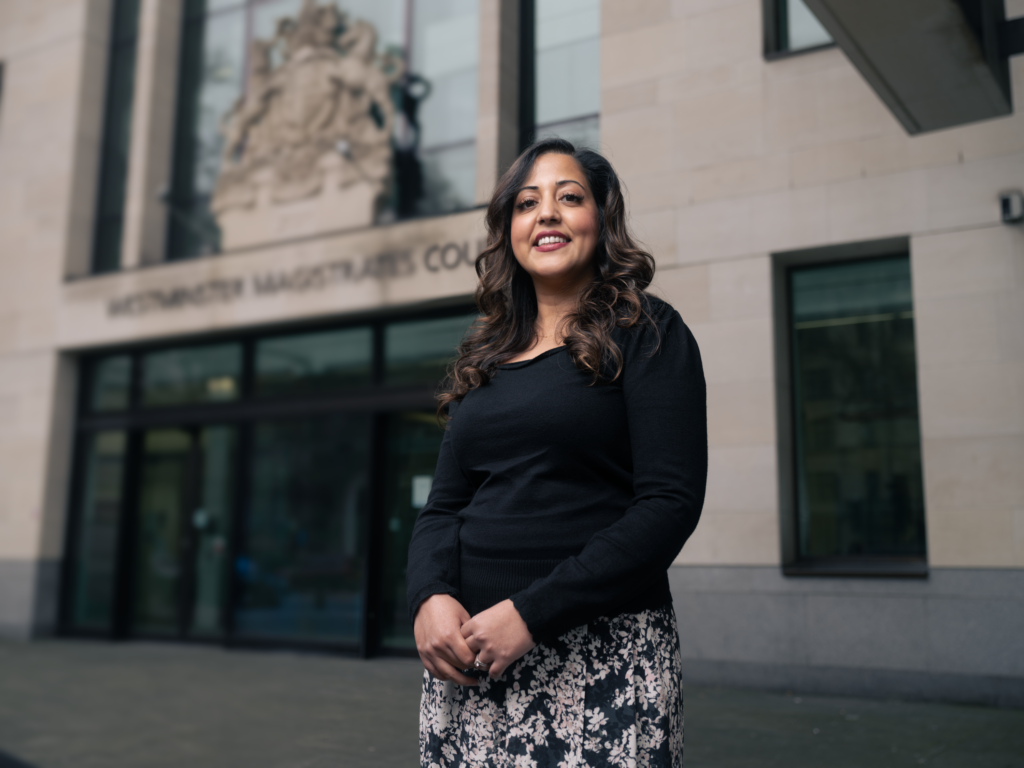
The public perception of the magistracy
Rushda explains the importance for the public to see magistrates as relatable, ordinary people who are committed to delivering justice “I think this will help show the human side of magistrates”.
Before Sonal became a magistrate, she had misconceptions about the role. She said: “I thought you needed to have a private education and come from a wealthy family. I didn’t know anyone who looked like me who was a magistrate. The campaign will help break down these misconceptions.”
Richard hopes that the campaign will dispel some myths around who can become a magistrate. “I hope it shows those who thought they could never be a magistrate that they can apply”.
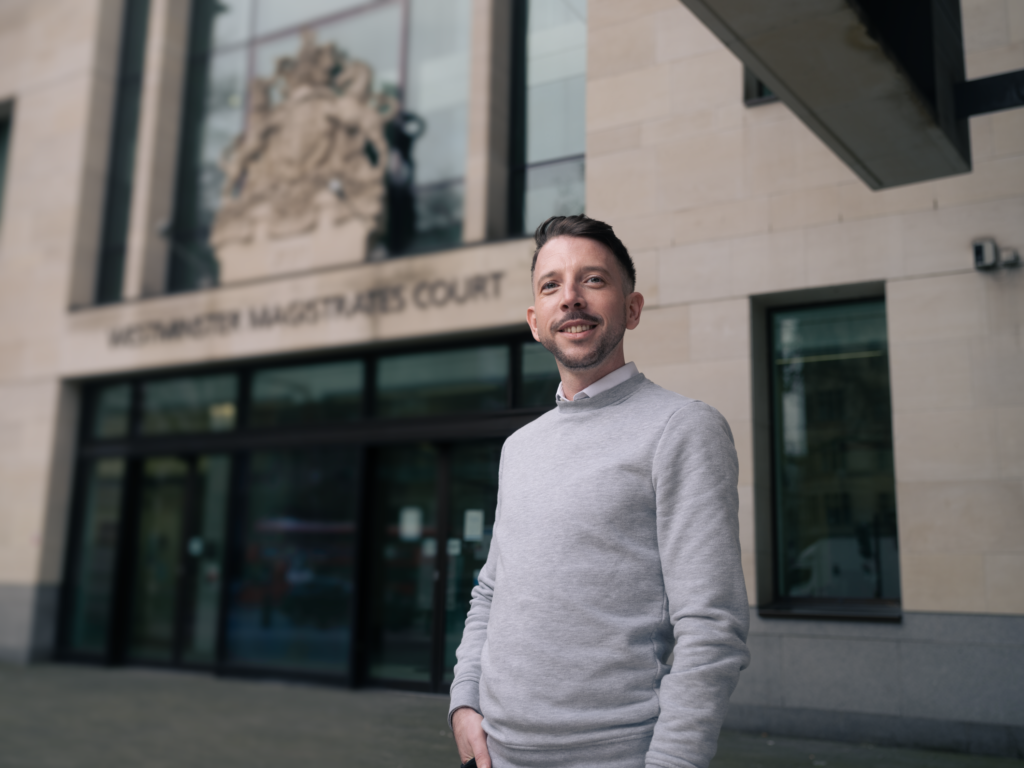
Join the magistracy
Becoming a magistrate offers you a way to give back to your community. It also provides opportunities to develop key skills like negotiation, presentation, decision-making, communication and leadership.
If you’re looking for a flexible, rewarding role, volunteer as a magistrate. You don’t need any qualifications, legal knowledge or experience. Whatever your background or level of education, you can be a magistrate. Bring an open mind, rational thinking and a willingness to work in a team, and we will give you all the training and support you need.
By joining the magistracy, you’ll help to ensure that the justice system is fair, accessible and reflective of the society we live in.
Apply now to start your journey.
Can’t find vacancies open in your area? Register your interest to be alerted when applications in your area are live.
